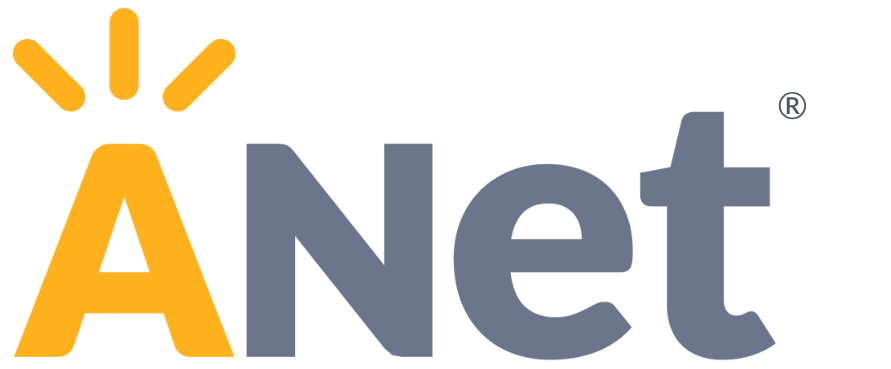by Sarah Tierney
With all the time, energy, and money devoted to teacher development these days, school leaders—and everybody concerned about education—want to be sure it’s actually paying off in the form of improved teaching and learning.
One way to maximize impact is to align coaching support both to teachers’ developmental goals and to their school’s instructional priorities. That way, teachers focus on a combination of individual and school-wide goals that work synergistically to improve their teaching practice.

Additionally, when leaders and coaches break goals down into bite-sized action steps, it's far more likely that teachers will attain them and be able to celebrate their progress along the way.
Core Ideas for Developing Teachers
Adapted from Paul Bambrick-Santoyo, Leverage Leadership
-
Teachers, like all professionals, develop more quickly when they receive frequent feedback and opportunities to practice.
-
We learn best when we can focus on one piece of feedback at a time. Giving less feedback, more often, maximizes development.
-
It takes a commitment to building relationships and a culture of feedback at your school to shift from compliance to development.
-
Consider what is needed for teachers to gain feedback openly: a trusted leader and the opportunity to learn from one another.
We’ve spent ten years learning from thousands of leaders and teachers across the country about the things that make a big difference for schools. Now, we want to give you the opportunity to do the same. We’ve organized these Lessons From the Field in our Resource Center—everything from harnessing the power of formative assessments to fostering a culture of adult learning.
Sarah is a director of new partnerships and former coach at ANet. She’s leading the Lessons From the Field project.

